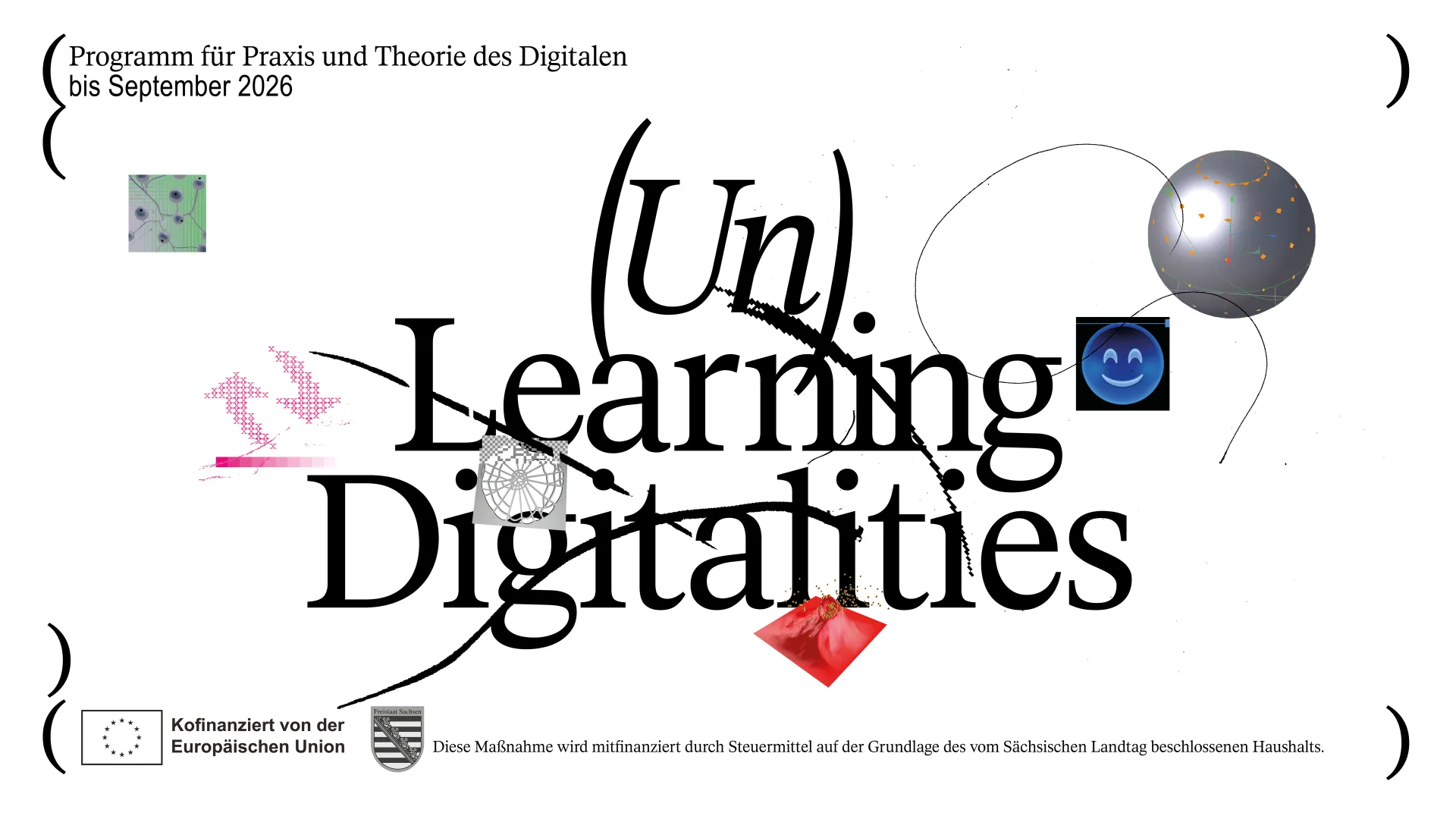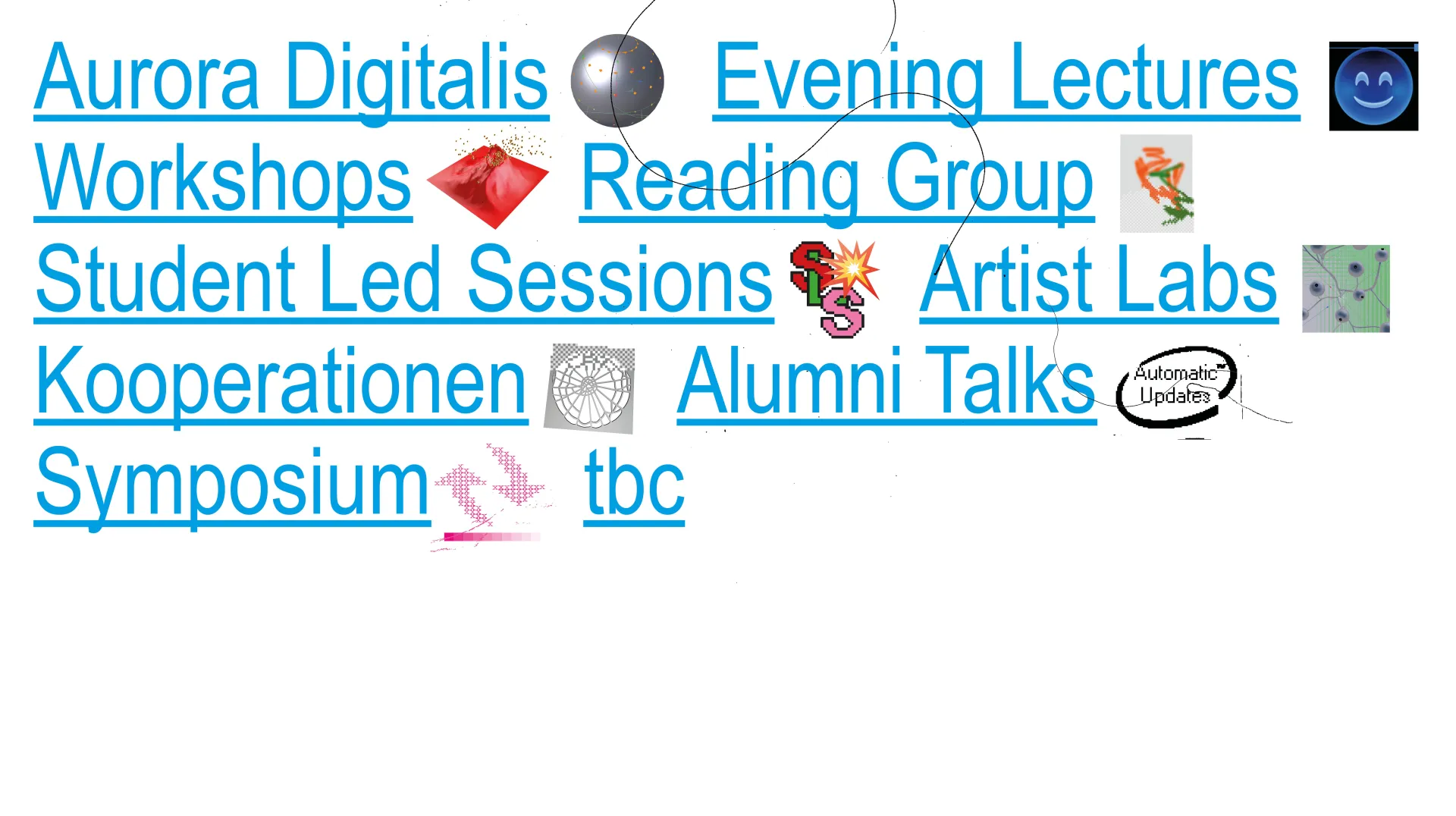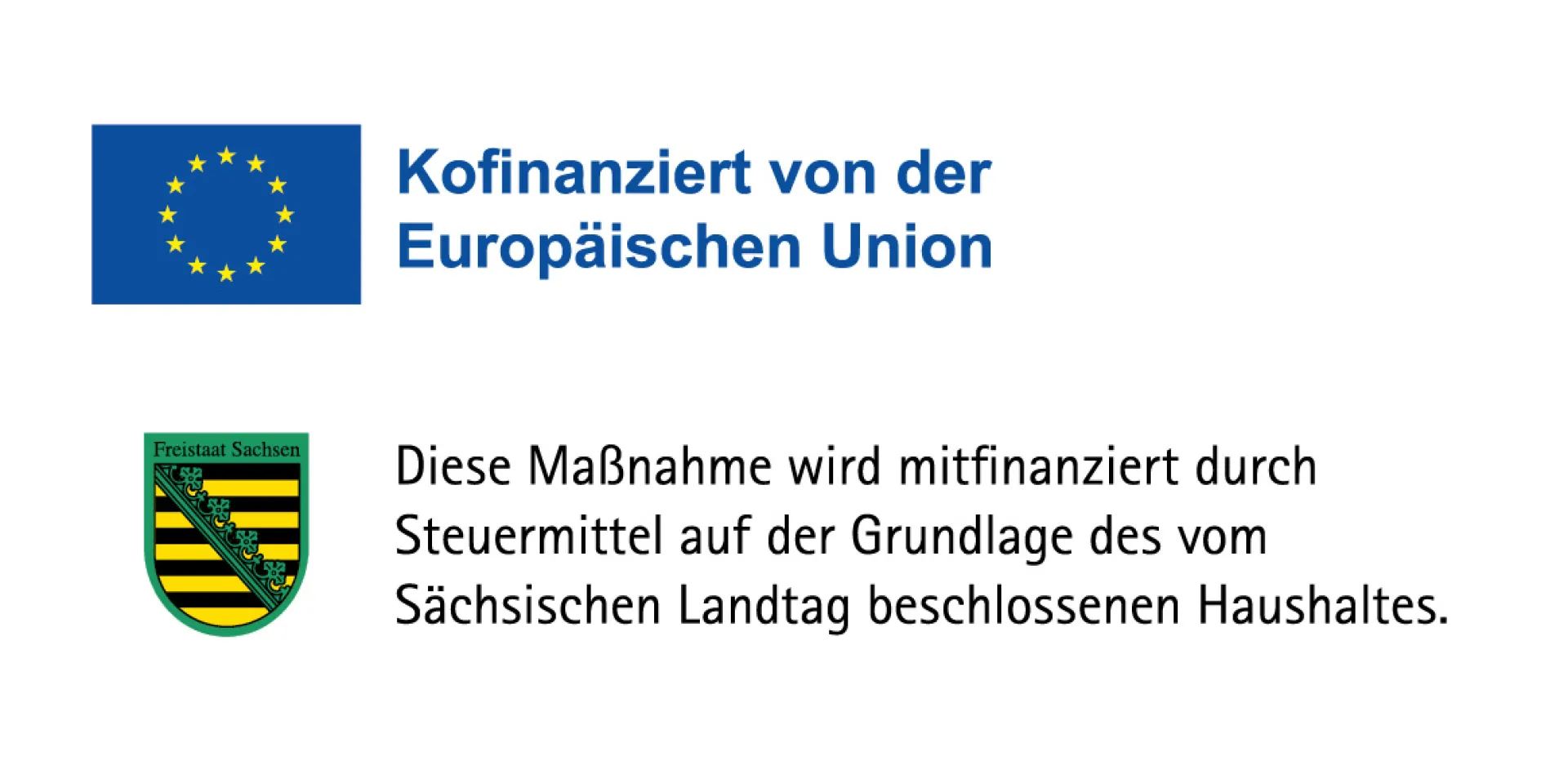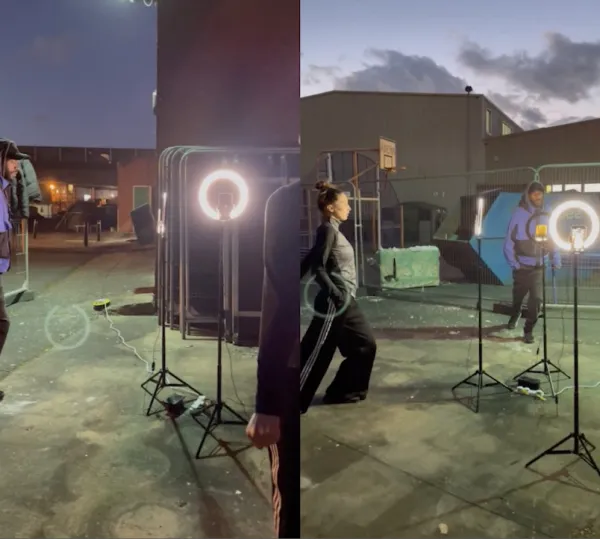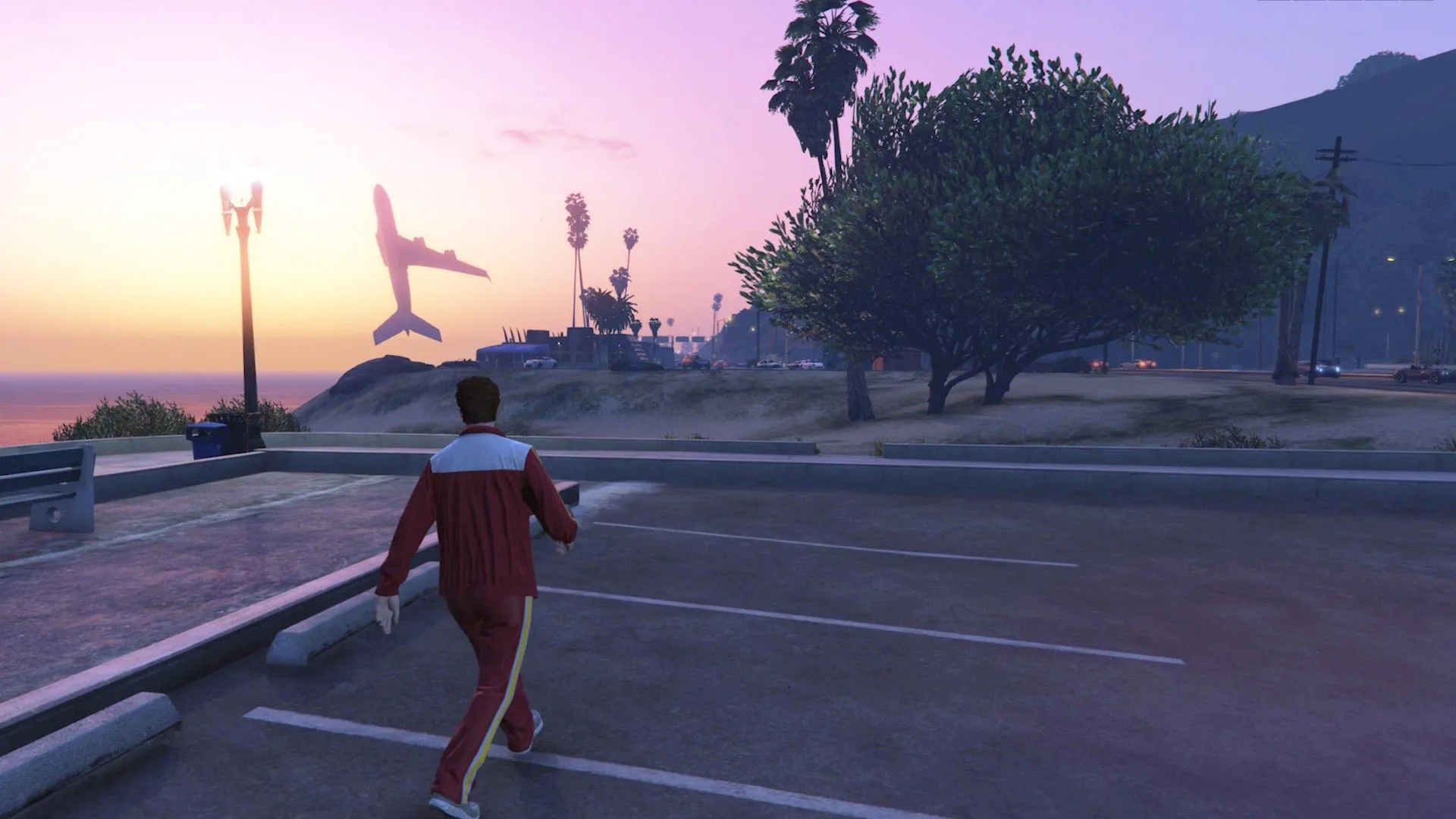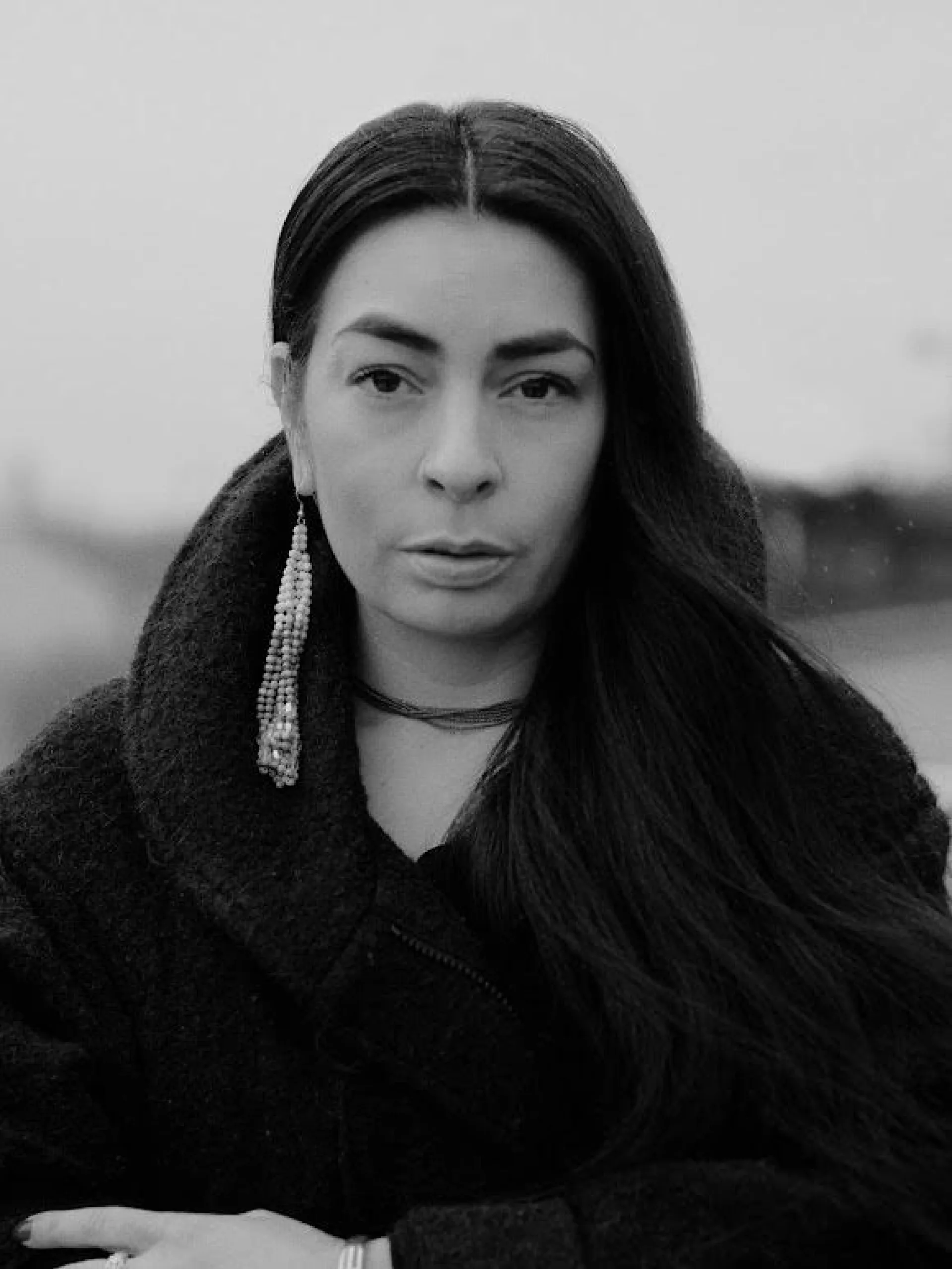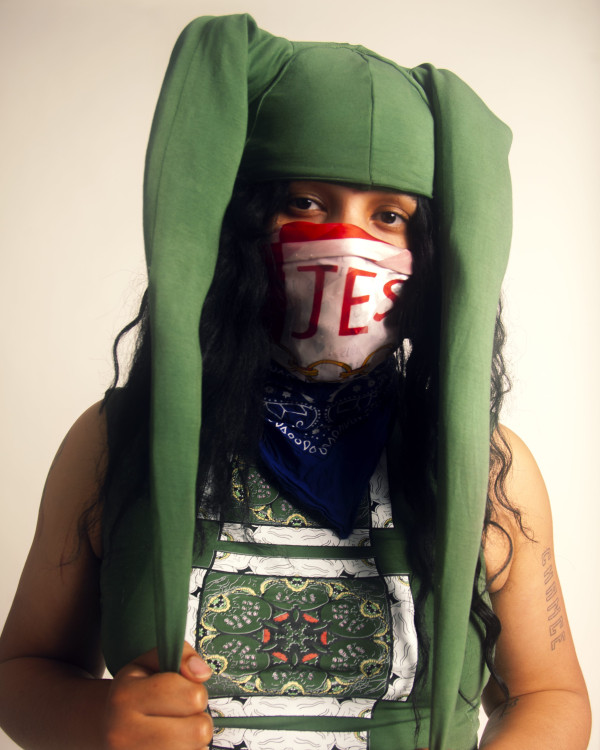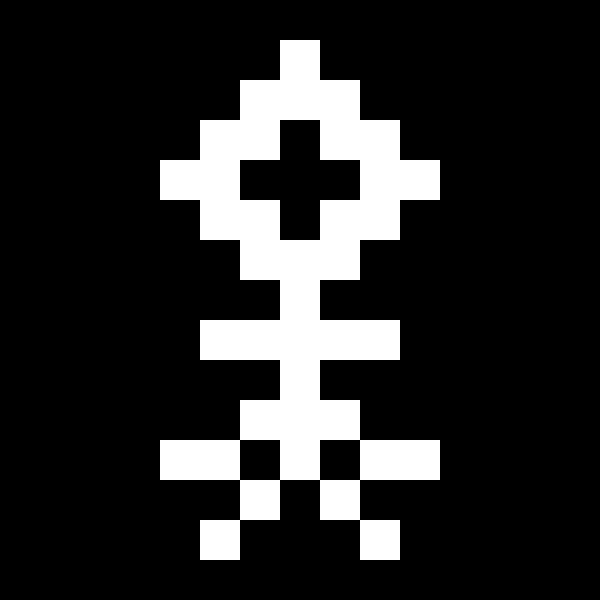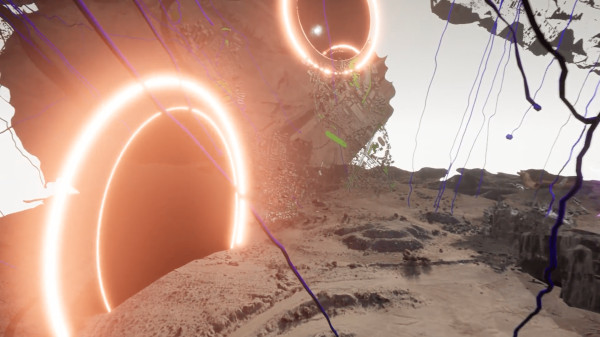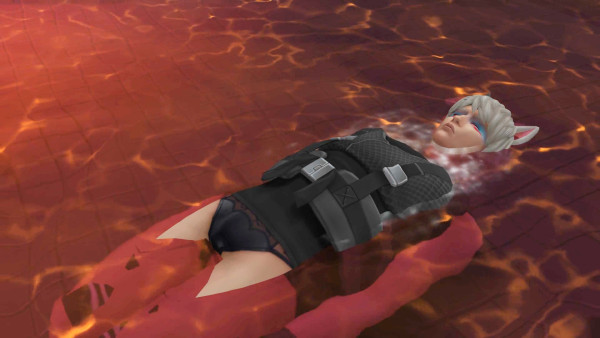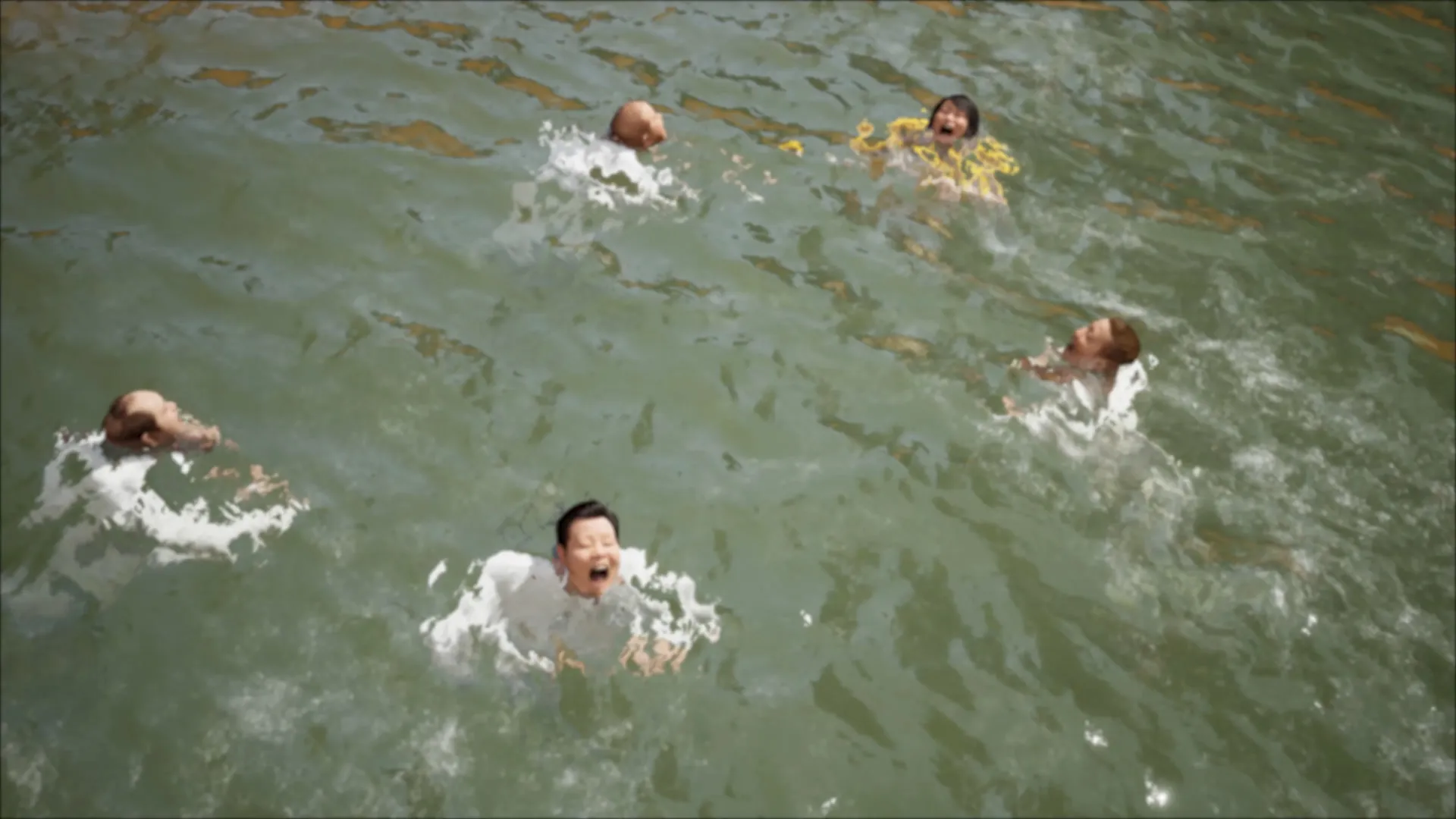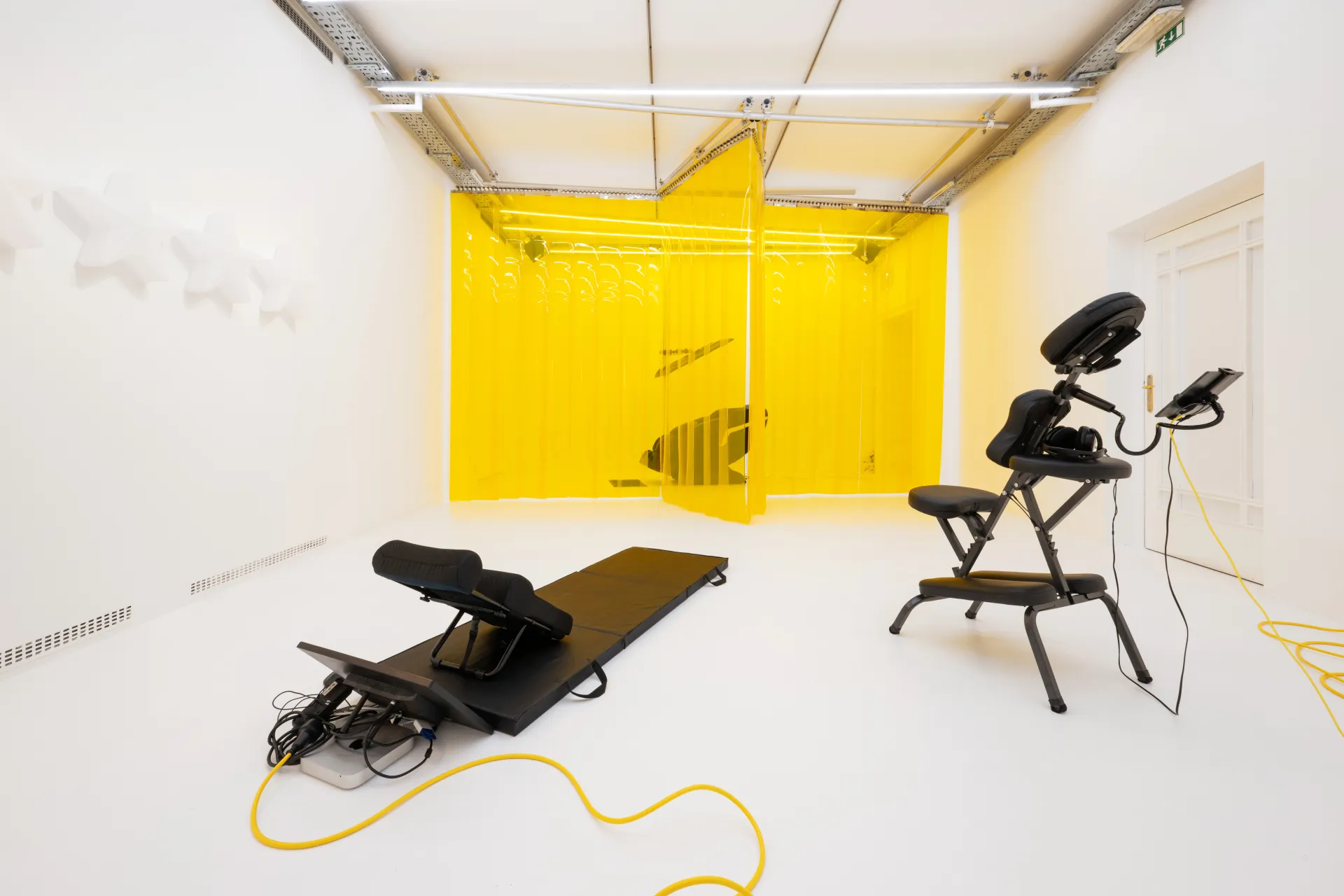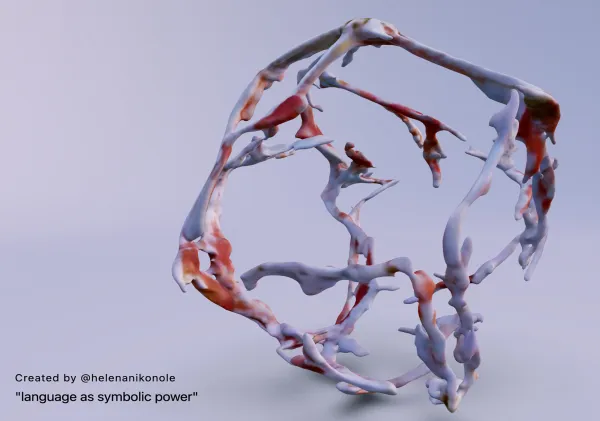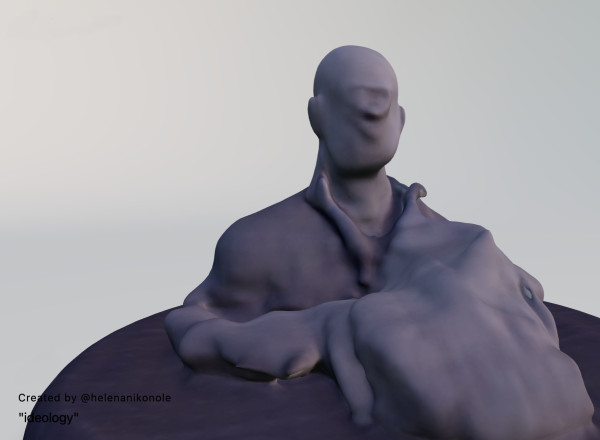- How does working with artificial intelligence influence creative processes?
- What power structures are perpetuated by digital technologies?
- Under what conditions do we create and maintain identities in the digital space?
- How do we as artists and designers deal with digital forms of surveillance, censorship and discrimination?
- How can digital forms of interconnectedness be cultivated in work processes and thematized in artistic and creative practices?
- Acquisition of technological, artistic, critical and communicative skills in the field of digitality
- Assistance with self-organization, networking and strengthening one's own autonomy
- Learning how to use and experiment with different digital tools
- Support with the production of digital portfolios
Programme
Cluster II – Costs of (Dis)Connecting
This cluster examines the political and social costs of digital connections. It questions the apparent neutrality of digital platforms and discusses their embedded power structures. Students are invited to view social media, digital platforms, and the virtual space in general not only as spaces of consumption, but also as terrains for artistic interventions and critical analysis.Subject areas: Social Media Dynamics, Online Identities, Connections in the Digital Space & Digital Infrastructures
Cluster I – Worlds That Build The(y) Self
This cluster explores the artistic and theoretical possibilities of digital realities. It is about the creation of alternative worlds that represent not only narrative, but also political and social counter-designs. Digital technologies are seen as tools and actors that help shape creative processes and open up new aesthetic and discursive spaces. The critical examination of the ideologies and power mechanisms behind digital systems - especially generative AI and game worlds - is a central component.Subject areas: Generative AI, world building, games, digital tools and critical interventions
Formats
04.-05. December 2025, HGB Leipzig & Halle 14
Digital connections have long been sold to us as an unalloyed good: seamless, frictionless, universal. Yet the infrastructures that knit us together are also infrastructures of extraction, dispossession, and psychic attrition. To connect is to pay—with attention, with intimacy, with the disassembly of common worlds. In this symposium, we ask: what are the costs of (dis)connecting in the digital present?
Introductory Workshops for HGB students: Lenn Blaschke & Caspar Weimann hosted by Prof. Christin Lahr & Sven Bergelt (Class Artistic Action and Research
Nicolas Gourault hosted by Prof. Clemens von Wedemeyer (Expanded Cinema class)
Aleks Berditchevskaia hosted by Prof. Eli Cortinas & Prof. Stine Jacobsen (Media Art foundational course)
Cait Fisher hosted by Anna Zett (Class for Performative Arts)
Screenings of works: Nicolas Gourault, and others
Full-day program consisting of lectures, talks, a workshop and performances with: Günseli Yalcinkaya, Shumon Basar, Orhun Mersin & Yagmur Uçkunkaya, Shusha Niederberger & Heiko Schmid, Franziska von Hasselbach, and others
Evening Lecture Series
In the evening lecture series, international positions present their practices in lectures and lecture performances. In doing so, they open up a forum for exchange on practices that deal with digitality in different conceptual, methodological and artistic-creative ways.AURORA DIGITALIS Screening Series
Aurora Digitalis is an educational screening format dedicated to time-based digital films that create alternative worlds with game engines, among other tools, and renegotiate these worlds in their identities, virtual bodies and socio-economic structures. Through speculative narrative forms, the understanding of game mechanics and avatars, they question the ideological foundations of digital technologies and open up critical perspectives on power structures and future concepts. The screening includes films from international positions as well as HGB alumni.
Aurora Digitalis is an extension of the weekly HGB cinema Aurora. Initiated as part of (Un)Learning Digitalities with Clemens von Wedemeyer (Expanded Cinema class) and Eliza Goldox (Artistic Associate) of the Academy of Fine Arts Leipzig in cooperation with the Galerie für Zeitgenössische Kunst Leipzig.
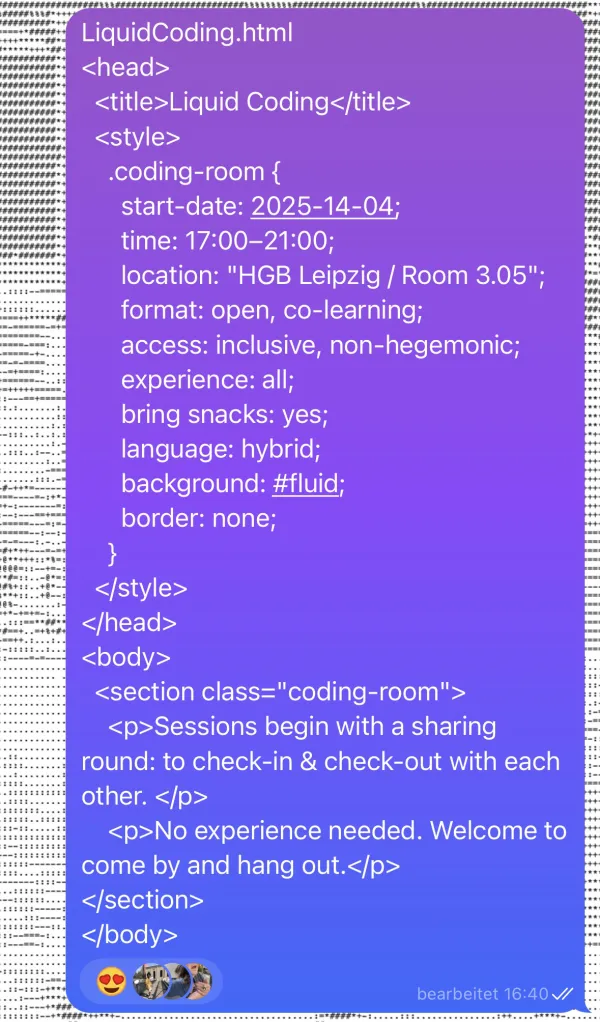
The sessions are open to all levels of experience and begin with a sharing round in which ongoing projects, ideas, tutorials, skills and questions can be presented. The aim is to create an inclusive and experimental learning environment that consciously distances itself from hegemonic and normative technology narratives.
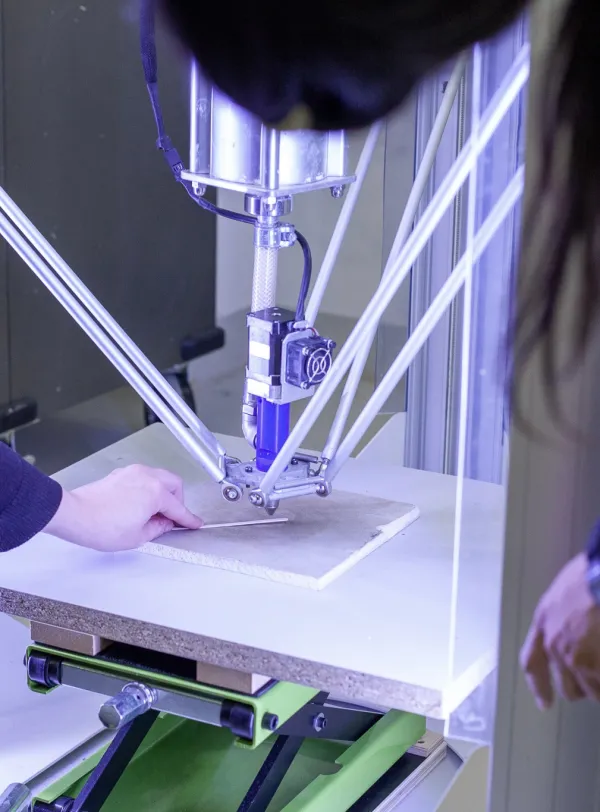
It is beyond exciting to get to know their 3D printing techniques and artistic approach to ceramics and 3D technology exploring the entanglements between virtuality, physical embodiment and matter.
Primarily working with 3D printed ceramics, enorê uses clay as a catalyst to question how digital data can be mediated through physical processes, with an interest in clay's potential to hold, erode, and reconfigure form.
Their practice navigates the fluidity between states, not limited to digital or physical, examining how traces of the body persist or dissolve through multiple cycles of translation.
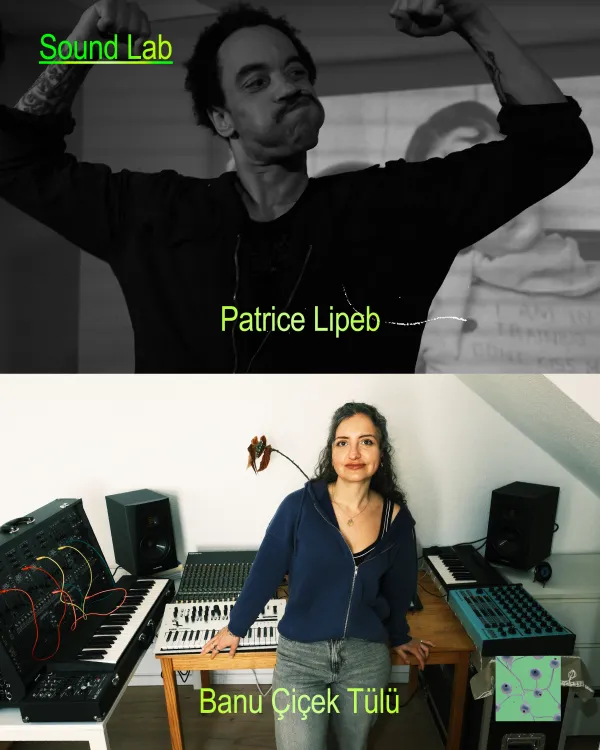
SOUND LAB is an open format workshop that explores digital sound montage, live looping and DJing as embodied, performative artistic practices.
Participants will engage hands-on with professional DJ setups, loop stations, field recordings and audio effects, investigating rhythm, texture and spatial listening. The three-day workshop will culminate in a public performance of selected sonic works.
The lab invites students to develop their own audio practices at the intersection of sound art, improvisation, and expanded performance.
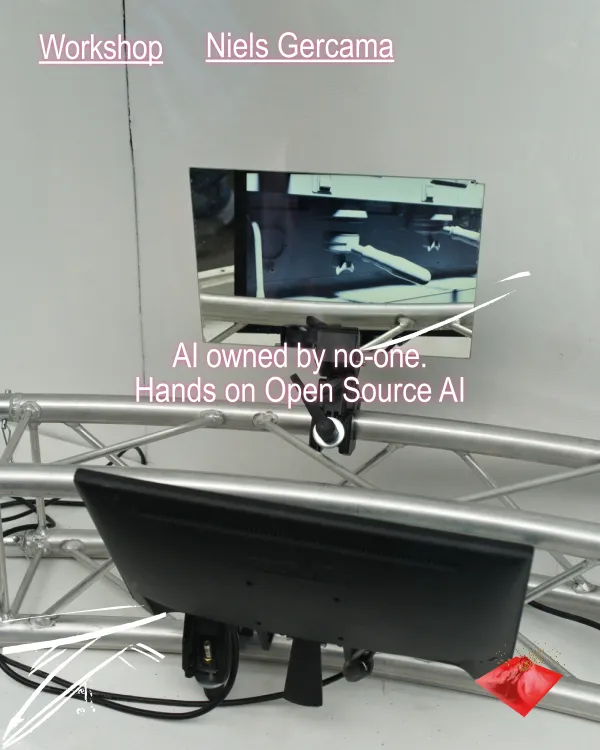
In this workshop, Hands-on AI, Niels Gercama demonstrates how to build practical workflows using open-source tools like ComfyUI and AnimateDiff. Participants will learn how to design functioning media pipelines by integrating various tools.
The workshop is aimed at anyone curious about AI-based media production — whether you have prior experience or not. The goal is to build a foundational understanding of open-source AI and gain the skills to develop simple workflows independently.
Together, we’ll explore the topic in an accessible, hands-on, and playful way.
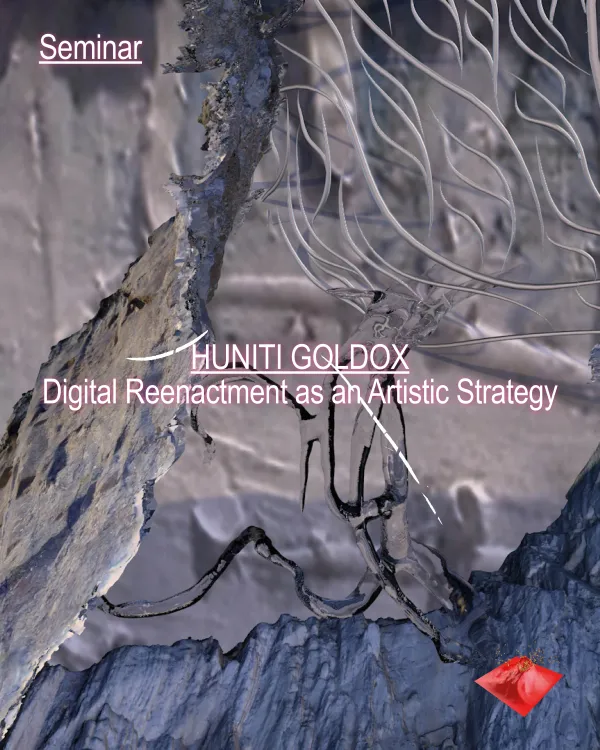
Through video works employing diverse artistic strategies, participants will gain access to: 3D modelling, virtual reality and immersive environments.
The seminar encourages critical reflection on the politics of representation and storytelling beyond linear time.
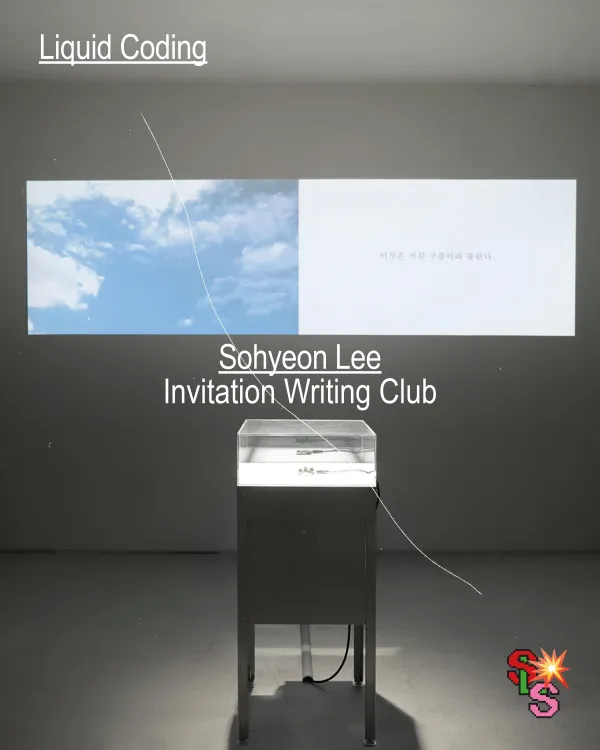
on Monday, 16. June. 2025
17:00-21:00 at R3.04 HGB
▶ What we do? we each write and publish our own website invitations.
▶ Who are we? who wants to begin their code writing, who already writes code, who wants to write code with friends, who are interested in self-publishing, …
▶ What to bring?
a computer, preferably not the palm sized one & ideas for what to invite

